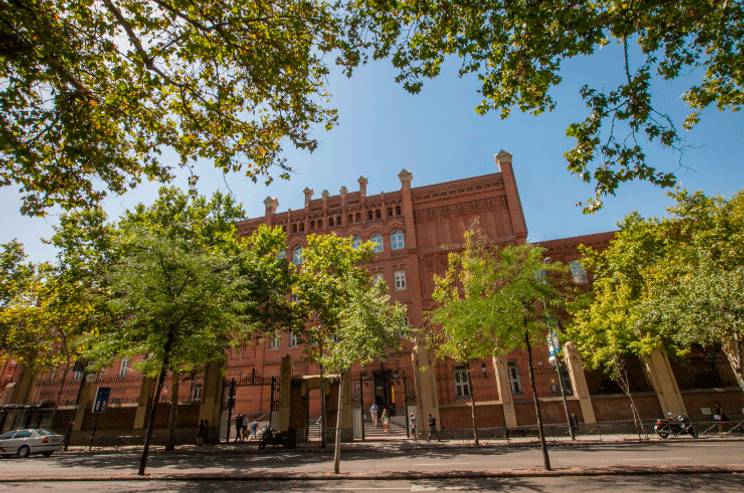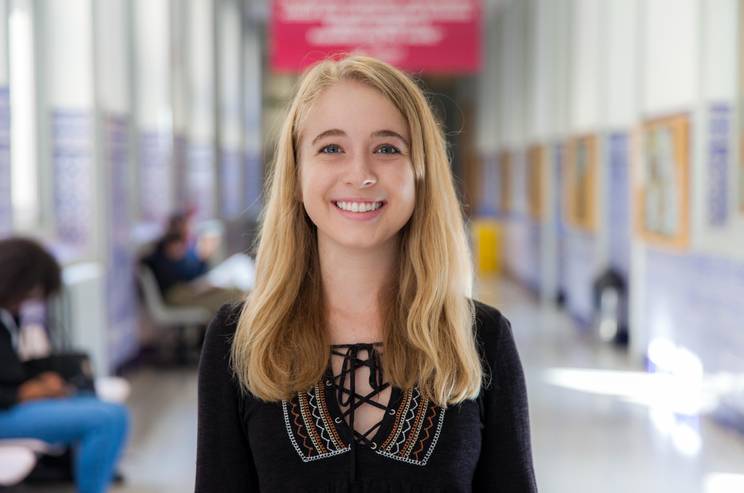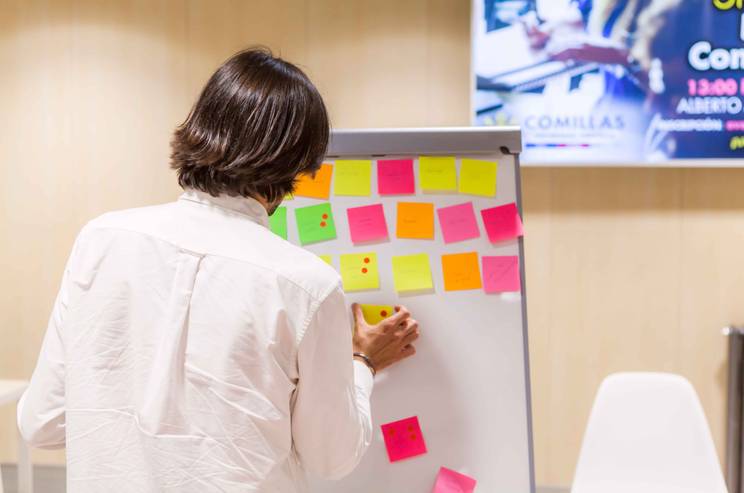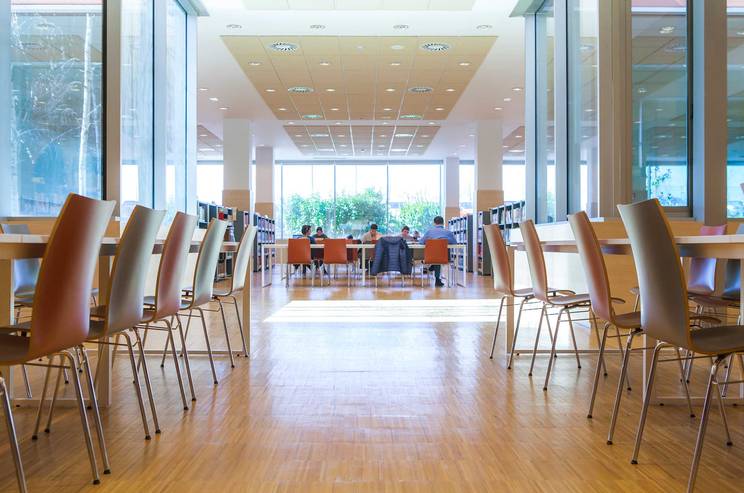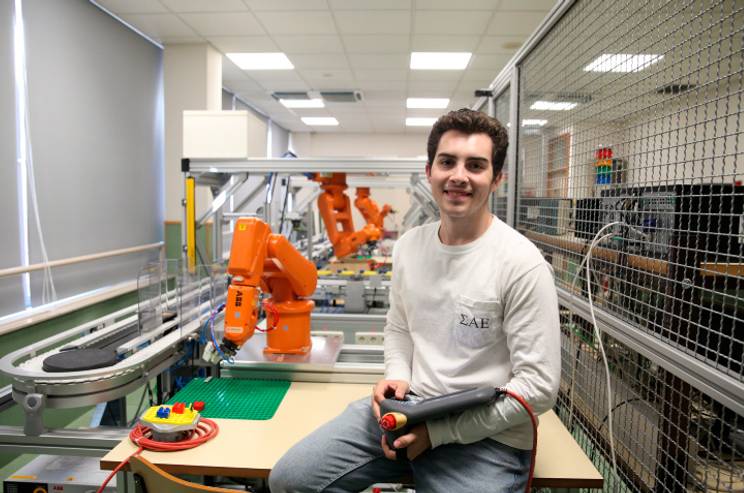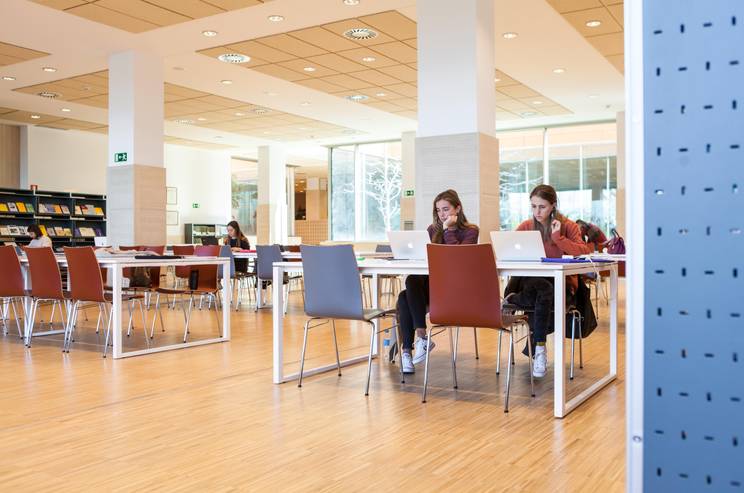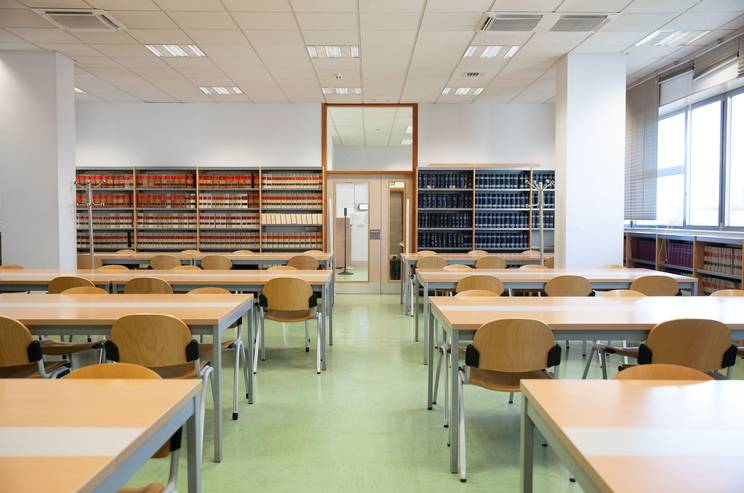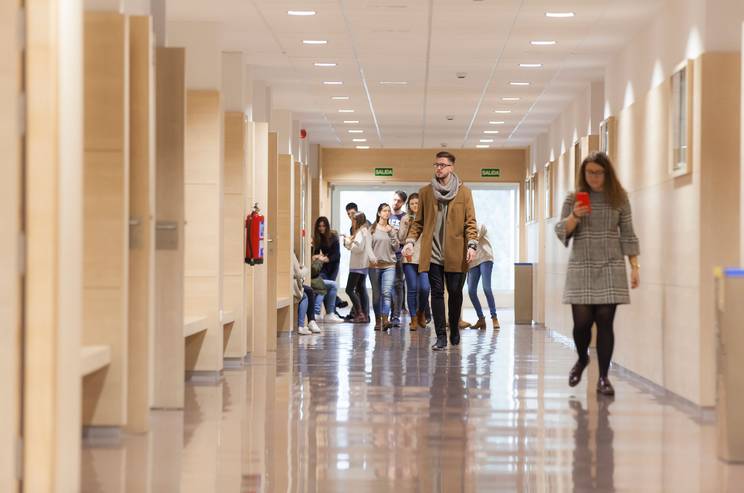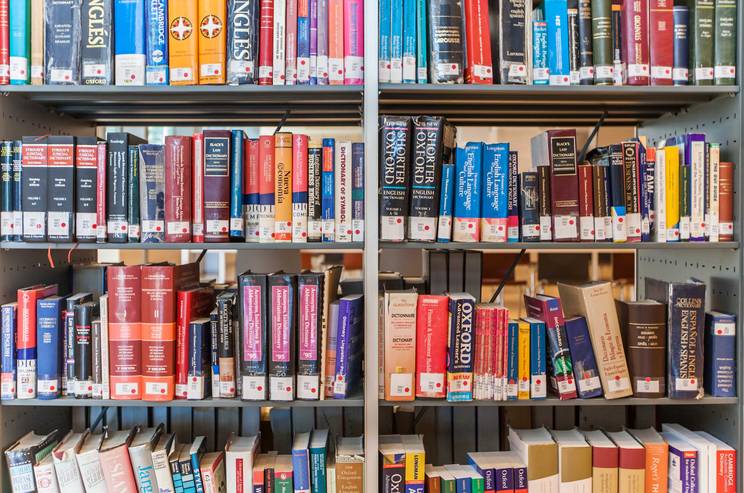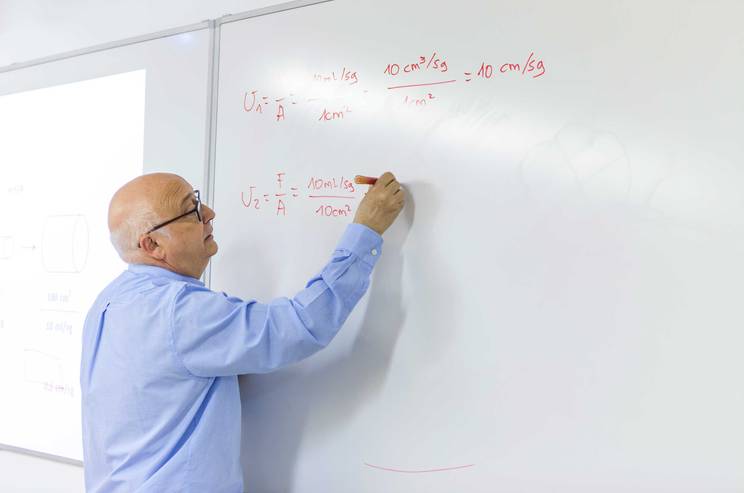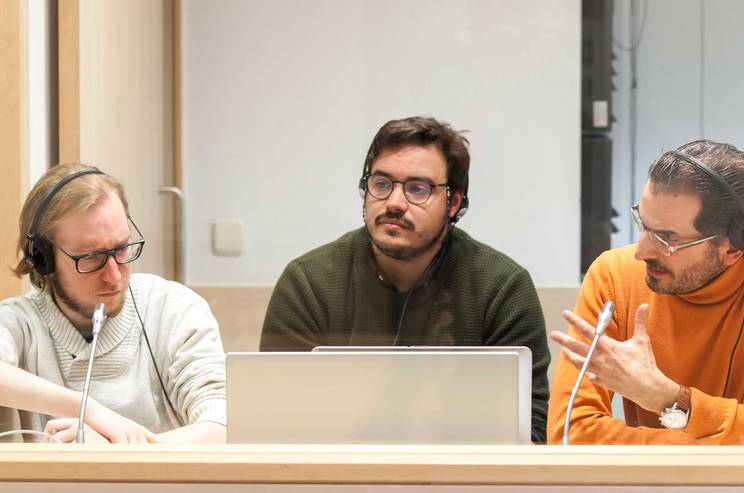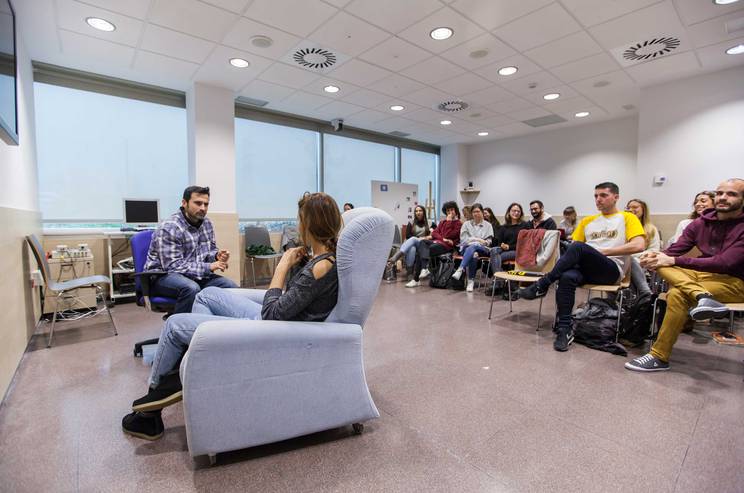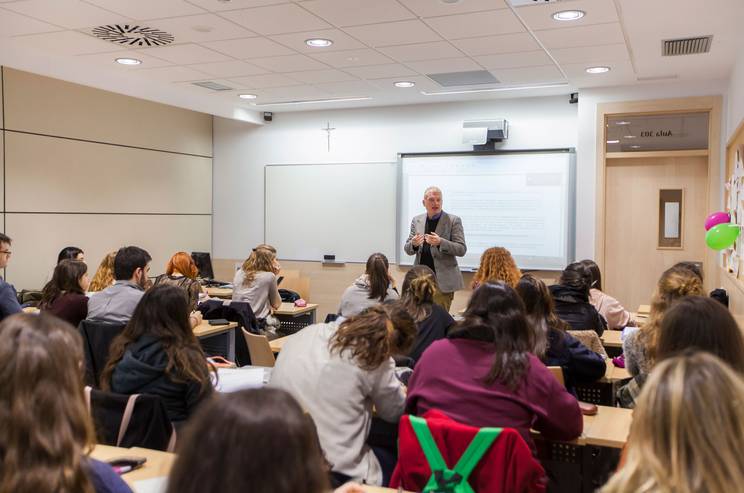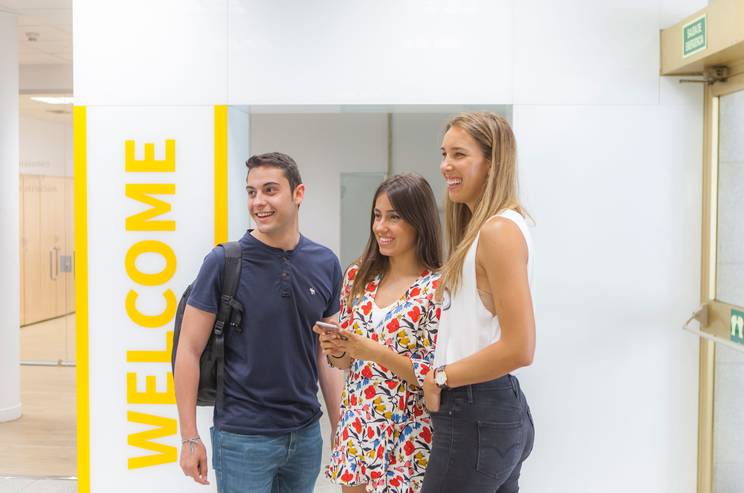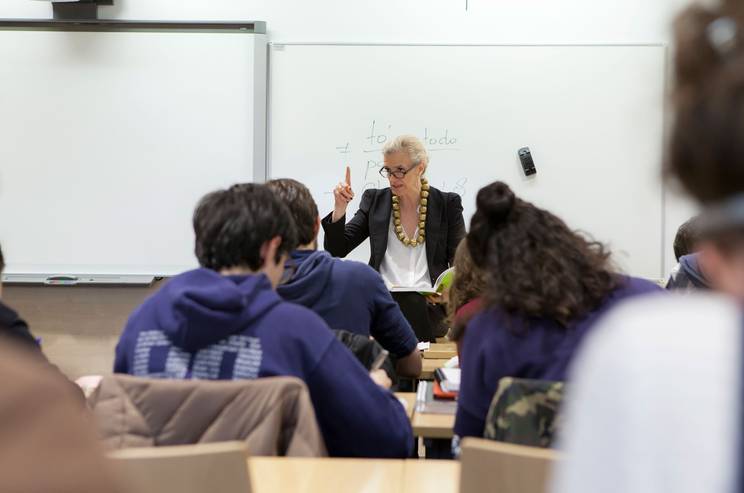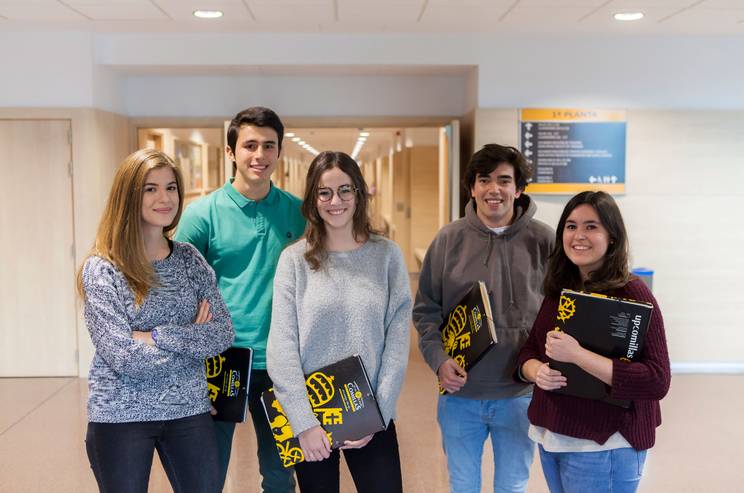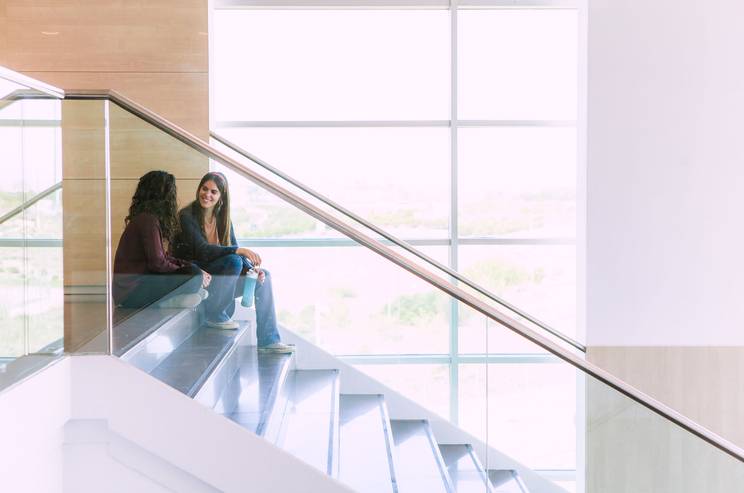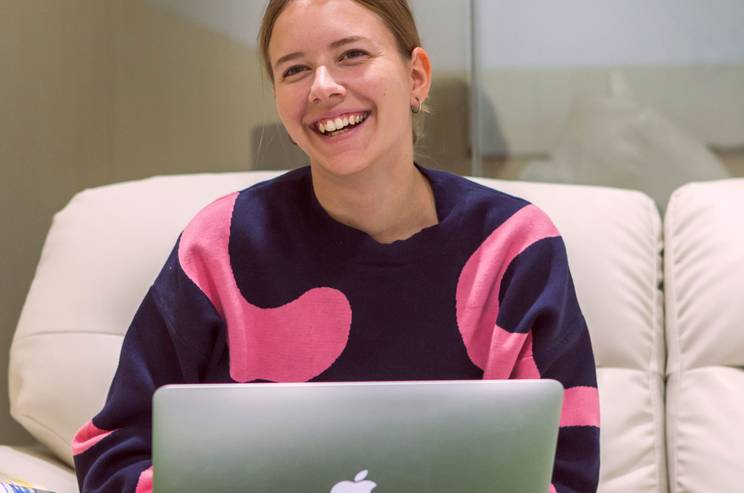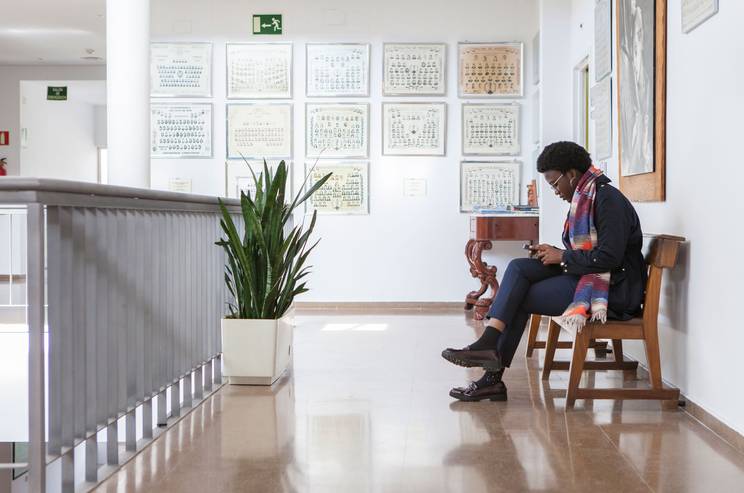Our history will be your history.
More than one hundred years teaching Humanities and Technical Sciences, as well as Ecclesiastical Sciences, in a continuous effort to update the Spanish university offer and the demands of society and the Church.
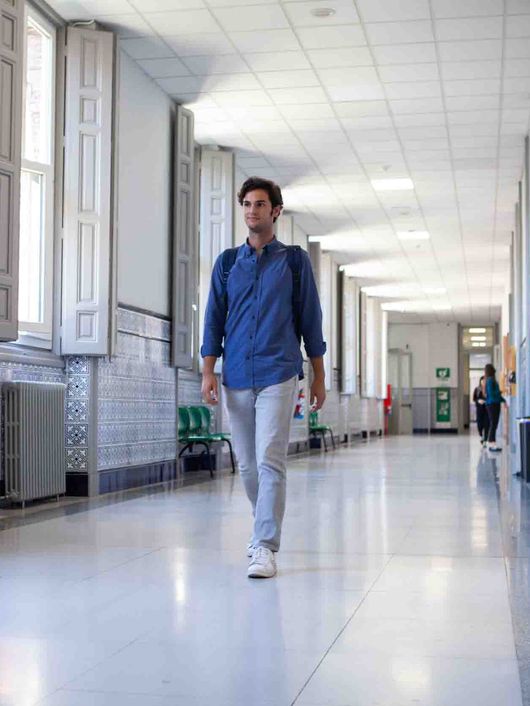
More than one hundred years teaching Humanities and Technical Sciences, as well as Ecclesiastical Sciences, in a continuous effort to update the Spanish university offer and the demands of society and the Church.
The Seminary and Comillas Pontifical University
The current configuration of Comillas Pontifical University has its origins, on the one hand, in the Seminary and Comillas Pontifical University (Santander), and on the other, in the Catholic Institute of Arts and Industry, ICAI, in Madrid.
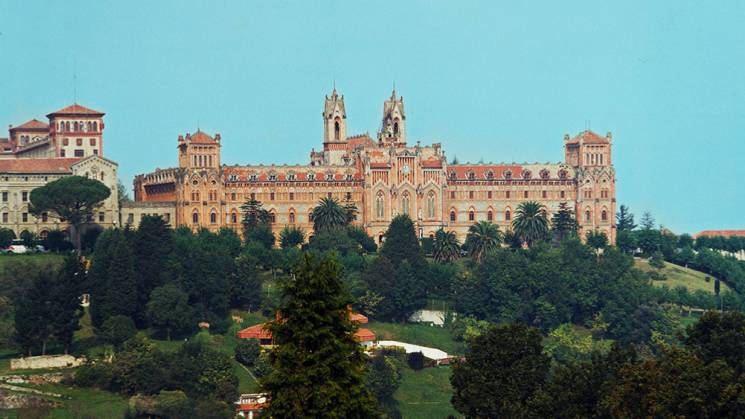
From where do you start?
1890
In response to the projects proposed by Antonio López y López and his son Claudio López Brú, the first and second Marquis of Comillas, Pope Leo XIII founded a Seminary in the town of Comillas (Cantabria). Established under the papal brief "Sempiternam Dominici Gregis", dated December 16, 1890, this Seminary offered training for candidates to the priesthood from dioceses throughout Spain, Latin American and the Philippines.
Its ability to attract pupils from such a range of places, its rigorous internal organization, advanced level of teaching and explicit support from the Vatican, as documented from the outset, gave this Seminary the feel and status of a University.
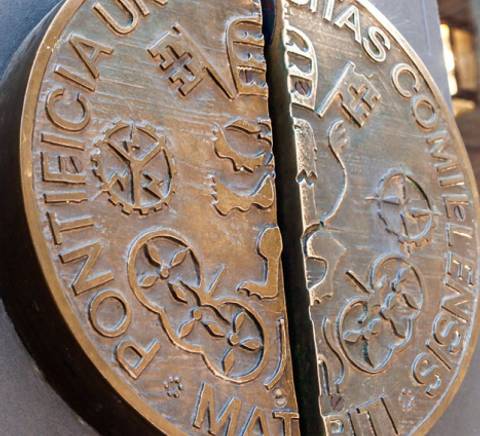
First academic degrees
1904
Fourteen years after its foundation, under the papal decree "Praeclaris honoris argumentas" issued by the Sacred Congregation for Catholic Education on March 19, 1904, Pope St. Pius X granted the Pontifical Seminary of Comillas the power to award academic degrees in Philosophy, Theology and Canon Law.

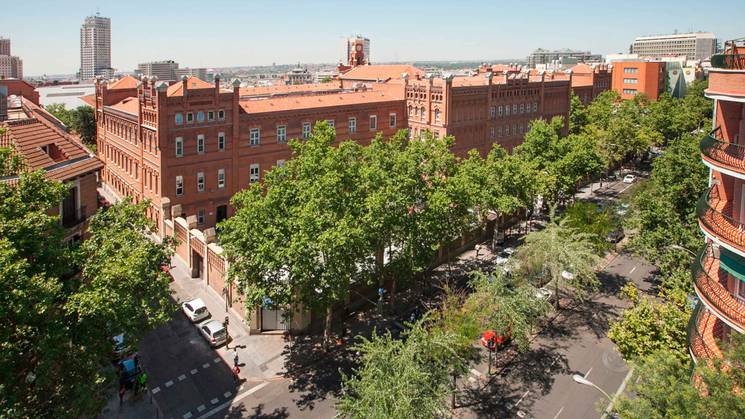
Moving to Madrid
1970
At the beginning of the 1960s, the Vatican representative in Spain, as the most influential patron of the Institution and acting on behalf of the Holy Father, suggested moving the University from Comillas to Madrid. Assuming an active role in the promotion of this project, he believed it would increase the University's influence on current training of candidates to the priesthood and provide lay Christians with the chance to also benefit from studying ecclesiastic sciences and other similar programs.
Authorized and supported by the Vatican, and with the personal blessing of Pope Paul VI, as expressed in a letter to the Chancellor dated January 24, 1969, this move was approved by the Spanish Episcopal Conference and the project was gradually carried out.
In agreement with these authoritative bodies, the University opened its doors to all types of students, and with approval from the above-mentioned Sacred Congregation, the former Faculty of Philosophy became the Faculty of Philosophy and Humanities, offering non-ecclesiastic degrees in Psychology and Educational Sciences, in addition to courses in Philosophy.
Under Royal Decree 719/1977 of February 18, the Spanish Authorities acknowledged the full civil effects of all programs offered by the Faculty of Philosophy and Humanities, in application of the agreement made with the Vatican on April 5, 1962.
From this period onward, the University has offered both ecclesiastic and non-ecclesiastic programs and its founding educational mission, without losing the validity built up over so many years, was enriched with new academic and formative objectives.
The Catholic Institute of Arts and Industries (ICAI)
Comillas ICAI has been training leaders for more than 100 years and maintains its commitment to academic excellence and comprehensive training
Incorporation of ICAI-ICADE university studies and the rest of the studies at Comillas
The closeness of both institutions in Madrid, the fact that they were both run by the Society of Jesus and the complementary nature of the programs they offered led to the idea of uniting the two institutions, by incorporating the degrees studied at ICAI-ICADE into the Comillas Pontifical University. This would also afford said degrees the legal academic status corresponding to their reality and, as such, State recognition of their civil effects.
However, most importantly, it created a rich and diverse education institute that could fulfill the duties of a true university to a greater extent than the two individual institutions. In particular, it could accommodate technical, economic, legal, humanistic and theological programs all under one roof, so that each study area would contribute to and be enriched by the findings and questions raised in the others. This has allowed us to develop a notably interdisciplinary approach to current problems, in keeping with the search for a global perspective that become such a key part of human nature today.
Once an agreement was reached between the governing bodies of both institutions and the academic authorities responsible for the same, an application was made to the Sacred Congregation for Catholic Education for the canonical establishment of the School of Industrial Engineering, the Faculty of Economics and Business Administration (Business Administration Section), the Faculty of Law and the School of Industrial Technical Engineering, based on the former ICAI-ICADE university centers, and for their incorporation into the Comillas Pontifical University.
You reap what you sow
Enjoy a unique university experience by choosing from a wide range of programmes focused on technology and digital transformation to develop your future.
Occupancy rate
International internships
Students and projects
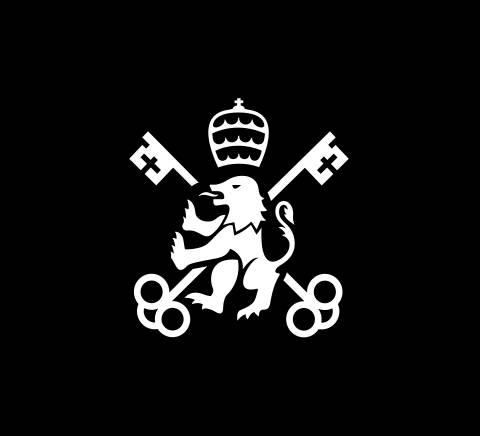
The university today
One hundred years of evolution reflected in all areas of the university experience
The Spanish University has moved on from the education of minorities to a more universal social mission. The Church has left the protection of the State's confessionalism and has experienced the fruitful opening of the Second Vatican Council. Spanish society has become Europeanised and universalised.
The reflection of these profound changes has been reflected in the transfer of the University to Madrid, in the extension of its teaching areas, and in a continuous effort of permanent updating. Within the framework of this updating, of the growing plurality of the Spanish university offer and of the new demands of society and of the Church, our own university mission is inscribed.

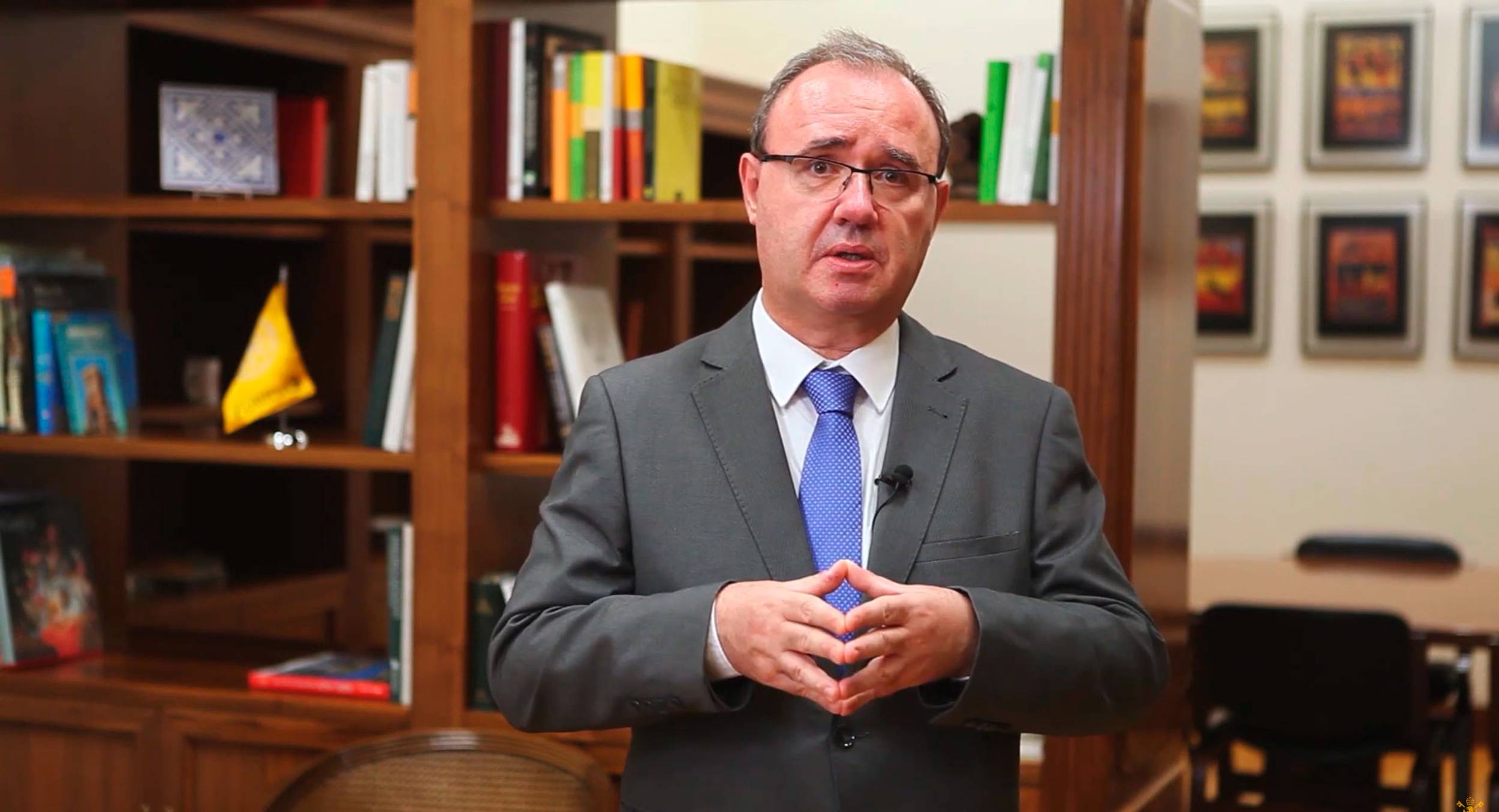
Welcoming words by the Rector.
Enrique Sanz, SJ, Rector of Comillas from 2021.
Welcoming words by the Rector.
Enrique Sanz, SJ, Rector of Comillas from 2021.
Latest Rectors of Comillas
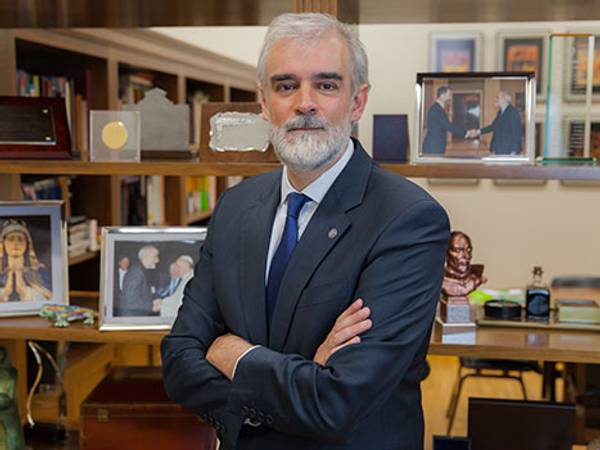
Julio L. Martínez , SJ
2012-2021
Lecturer in Moral Theology at the Faculty of Theology, he was rector of Comillas between 2012 and 2021.
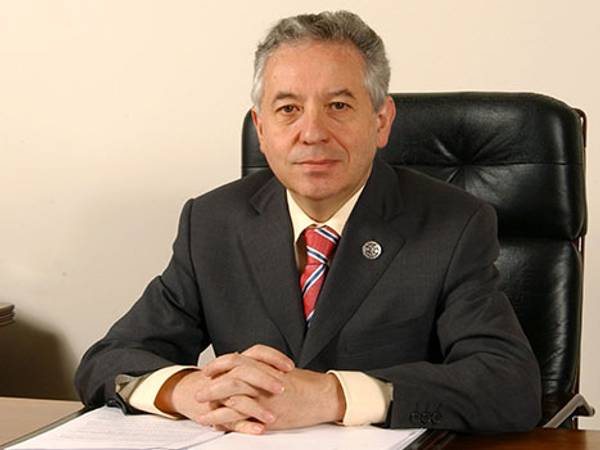
José Ramón Busto, SJ
2003-2012
Lecturer in Sacred Scripture at the Faculty of Theology, he was rector from 2003 to 2012.
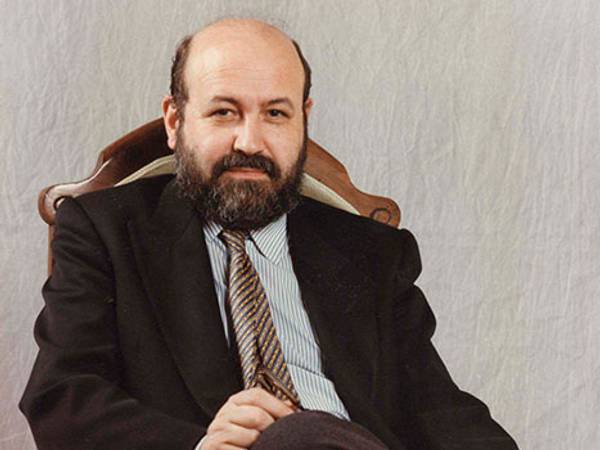
Manuel Gallego, SJ
Lecturer in Criminal Law at the Faculty of Law (Comillas ICADE), he was Rector between 1994 and 2003.

